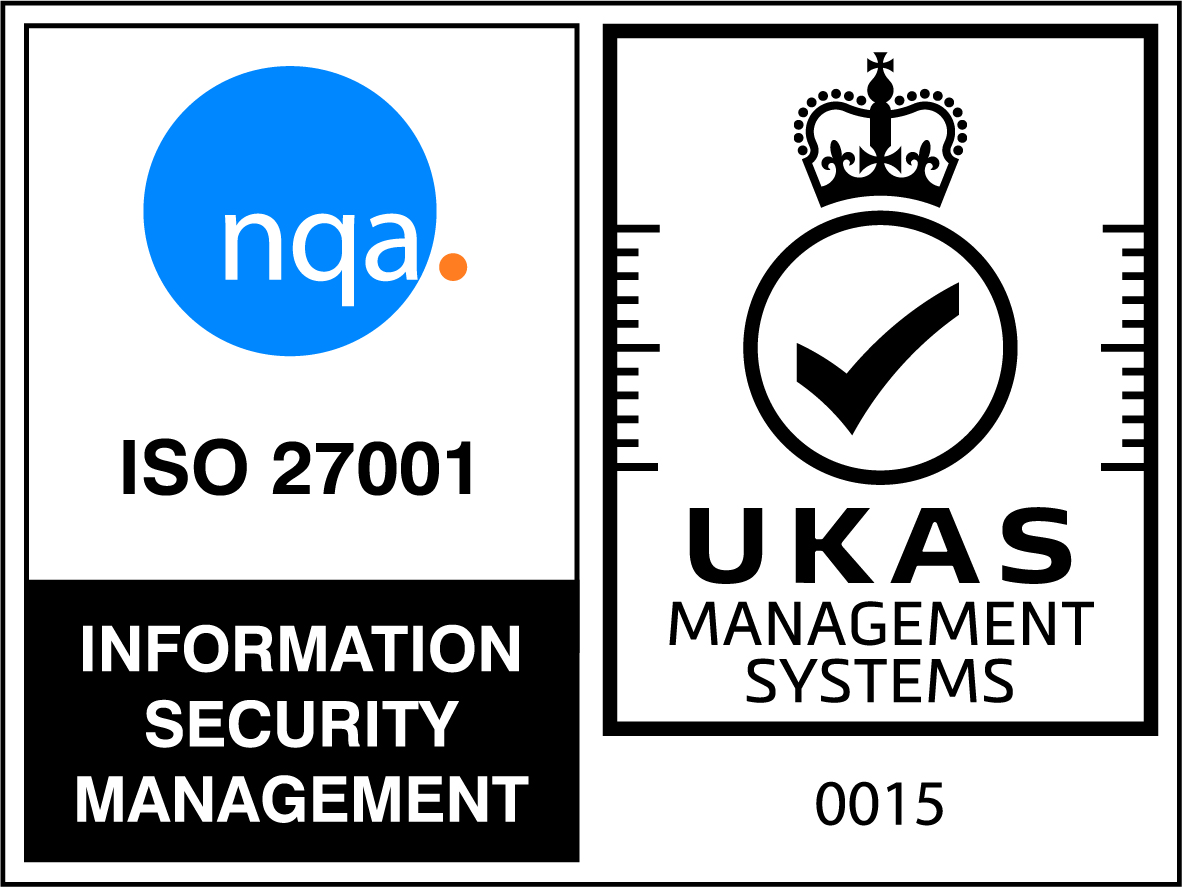
Few words strike more dread in the hearts of CV writers than “Sell yourself.” But if you want to avoid being written off on paper, it’s advice you will hear all the time, and with good reason. Selling yourself is not something that comes easily to many of us (particularly IT and change professionals, we find) so maybe it’s time to look at CV writing in a new way: not as a sales task, but as an information management issue.
The chances are you’ve spent a good deal of time writing your CV, one that highlights your qualifications, education and experience. Armed with a complete summary of your skills, you apply for jobs or contracts, certain that you’ll tick every box an employer is looking for, sit back to watch your inbox and … nothing. Cue tumbleweed.
It can be extremely frustrating to know you would be a great fit for a role, only to get no response. You may think, “My CV should speak for itself.” But the fact is, recruiters receive hundreds of applications for each job vacancy - William Alexander is no exception. You need to grab their attention – and quickly. The challenge for you is to manage your information in such a way that attracts attention, and gets you a response.
Here are some strategies for doing this.
Tailor your CV for each job you’re applying for
A “one size fits all” CV is a helpful thing to have, but it’s not always enough to catch the attention of someone looking to fill a specific role. Say, for example, the job you’re applying for is “Oracle Datawarehouse Developer.” You know you’re qualified, but how is the hiring manager to know this, if the information is buried at the end of the first page of your CV? Don’t make them work too hard to find it.
- Think about what the relevant data is in your CV – and sort accordingly.
-
Bring all related experience and education to the forefront. Consider leading off with a bullet-point ‘Career Summary’ to highlight your relevant qualifications.
-
Don’t be afraid to use the same phrasing you see in the job ad. If the job calls for “proven experience of implementing data quality processes” and you have that, then say so. It’s what their eyes are looking for as they scroll through CVs.
It’s not just your skills; it’s what you do with them
A strong CV, one that gets noticed, is not just a list of your qualifications. It’s your opportunity to let the employer know what else you bring to the table by showing what value those skills add. For example, you may have a data quality background but you’ll want to add how this served the larger business or helped your team achieve a goal.
Don’t say: Data quality experience
Do say: Defined and implemented data quality strategy, improving targets by 90%
And if you’re thinking “That seems a lot like salesmanship,” well maybe it is. But even if you don’t want to be a sales person, you certainly don’t want to sell yourself short. If you have accomplishments and achievements an employer would want to know about, don’t be shy about sharing them.
Know yourself, SEO yourself
Your CV’s attention-getting opening in place, it’s time to consider another angle. Often, a client or recruiter will review a CV for certain keywords or phrases to find a match as a shortcut for finding the essential skills for the job. You’ll want to optimise your CV’s data so that it will show up in the search. This is especially relevant when your job title doesn’t really explain everything you do. Ask yourself: what are your keywords? What search terms would you list yourself under? Be creative (but truthful) in making connections between your experience and the search terms the recruiter might be using. And dig a little deeper to think about what they’re really looking for.
Here’s an example that shows how easily you can be written off on paper if you’re not careful. We recently received a client brief that called for “Procurement/Vendor Management.” In reality, the employer was looking for was someone with Business Intelligence and data warehousing expertise to assess vendors and software functionality. We knew several candidates who were spot-on for the job but when we sent their CVs across, they were rejected by the client because they had job titles like Business Analyst and didn’t lead with their procurement experience.
Cue a few hastily rearranged CVs and a consultant with a strong relationship with the client, this story fortunately has a happy ending. But it just goes to show that even if a recruiter knows you and your skills well, once your CV is sent on to a client, you need the document to represent you well on its own.
So don’t think of it as “selling yourself,” if you’re not comfortable with that term. Think of it as re-engineering your CV in a way that best aligns your information with the qualities sought by the employer. Whatever you choose to call it, you can make yourself stand out.
Share this Article
You may also be interested in
View All
View All

William Alexander retains ISO 27001 status

Deepening our relationship with Bramber Bakehouse
